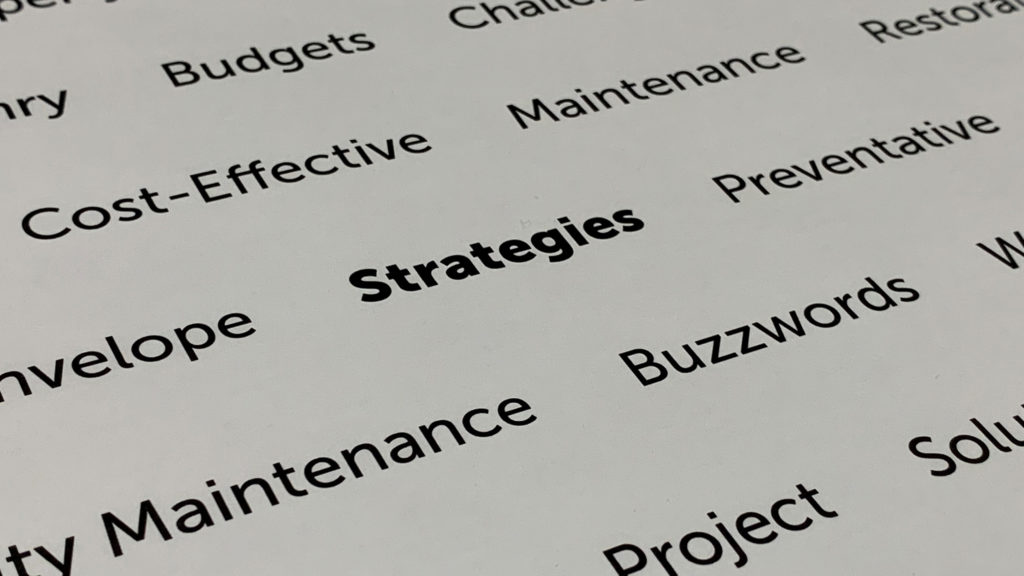
(St. Louis, MO, March 27, 2019) “Cost-effective”, “Preventative” and “Maintenance” are all common buzz-words used in the construction industry, and while the terminology is understood, few really understand how to make “cost-effective preventative maintenance” a reality for their facility.
Cost-effective preventative maintenance is a fluid process that can have a huge impact on a property’s bottom line if done properly. The facility maintenance experts at Western Specialty Contractors have created a “7 C Strategy for Cost-Effective Preventative Maintenance” to help building owners and facility managers understand and put into practice a cost-effective preventative maintenance plan of their own.
Components and Conditions
A preventative maintenance program begins with making a list of a facility’s different components and gathering basic information on each of their conditions. Collecting this information is crucial for identifying maintenance needs and determining the amount of deferred maintenance needed. It will also help facility managers plan and prioritize projects and evaluate their costs. Tips for compiling the list include:
- Keep an accurate building component inventory
- Make a plan for performing a condition assessment
- Conduct the assessment methodically
- Assign condition ratings for each component
- Decide on a regular frequency for assessments
Capacity and Costs
Preventative maintenance isn’t about big budgets or how much money is spent. To be cost-effective, it’s all about how the money is spent. Facility managers are encouraged to make a plan that targets their resources towards the highest needs. To make a great plan, facility managers need to develop the capacity for ranking maintenance projects and evaluating their costs by doing the following:
- Recognize that not all projects share the same importance
- Use an objective process for prioritizing projects
- Use life-cycle costing and other tools to evaluate total costs
Coordinate
When facility managers don’t have a plan, maintenance tends to be reactive instead of proactive. In other words, maintenance only happens when the need occurs, which typically results in higher repair costs and inconvenience. Coordinating long- and short-term maintenance plans together will help facility managers avoid costly reactive maintenance.
- Develop a long-term plan
- Develop a capital improvement program
- Establish a reserve account for maintenance
- Develop an annual work plan
- Link the annual work plan with the annual budget
Checklists
Once an assessment and inventory of all components have been made, the projects have been prioritized and their costs have been evaluated, now is the time to make checklists and mini-frameworks for staff to execute the maintenance plan. Start by doing the following:
- Develop checklists of tasks
- Determine the frequency of tasks
- Link preventative maintenance with everyday tasks
- Schedule a timeline
- Prepare procedures for managing the program
Contractors
No matter what the quality, performance characteristics and cost of a material or system, they are only as effective as the caliber of their installation. Even the best systems may prove worthless or ineffective if not installed and transitioned properly. Improper installation can lead to structural and interior damage that could result in lost revenue for the building owner. A critical aspect is contractors. It’s not about finding the one with the cheapest estimate; it’s about finding the right contractor for the project. The right contractor will make any project a lot less stressful. When selecting a contractor, consider the following:
- Please do a thorough review of whether they have the right experience and skills for the project.
- Determine whether they have a proper fiscal responsibility to complete the project and honor the punch list
- Create a qualification statement to pre-qualify contractors for projects
Media Contact
Jennifer Beidle
314-607-9459
jennifer@jbeidlepr.com
